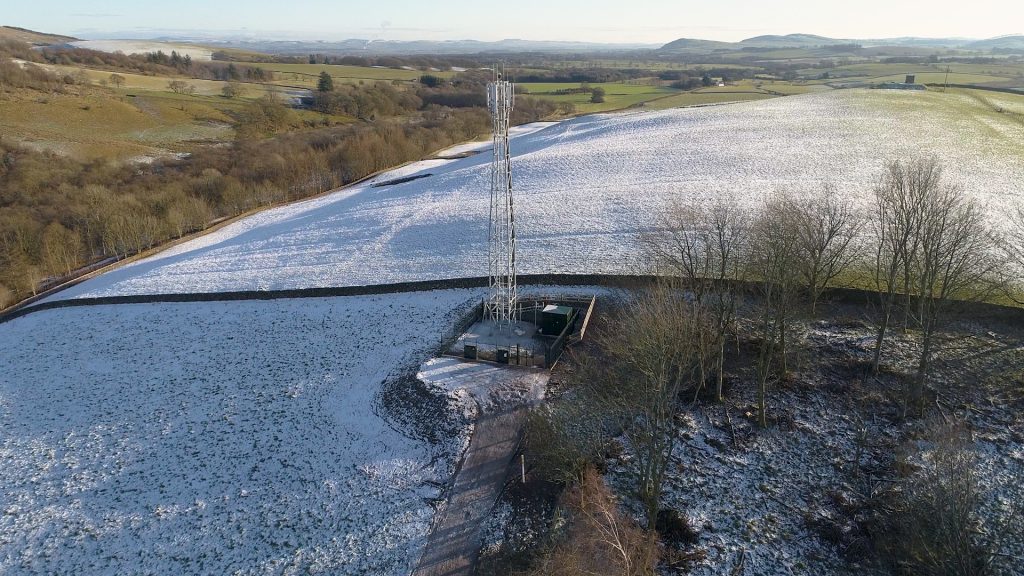A £28.75m rural mobile phone connectivity programme designed to provide coverage in remote ’notspot’ areas has reached its halfway point.
The Scottish 4G Infill (S4GI) programme – designed to help people across the country, from the Shetland Islands to the Borders, get online – has now built and activated 28 phone masts, with the remaining 27 on track to be connected by 2023.
Residents and businesses in Bogton, in Turriff in Aberdeenshire, were the latest to benefit from the programme. Mobile network operator EE is providing 4G services across all bar one of the new sites, including the new Bogton mast, but all sites are capable of supporting multiple operators in the future.
Economy Secretary Kate Forbes said: “The Scottish Government is helping more residents and workers get online and tackling some of Scotland’s longest standing mobile phone signal black spots.
“The availability of 4G services has proven transformational for members of these communities, who have taken advantage of new connectivity to enhance how they work, communicate with friends and family, access public services, purchase products and services and consume entertainment.
“The Scottish Government wants to build on that, through our National Strategy for Economic Transformation, to capitalise on the ability of enhanced digital connectivity to encourage innovation and growth. We will all need to work together to create a more prosperous, fairer and more sustainable nation.”
Rob Tanner, a farrier and online table tennis coach near Bogton, said: “Being able to post videos and carry out coaching sessions without any problems is fantastic.
“I can now download a TV programme in seconds instead of hours, which is amazing.”
S4GI is delivered in partnership with WHP Telecoms Ltd and the Scottish Futures Trust. S4GI is a Programme for Government 2021-22 commitment, backed by £17.48 million Scottish Government funding and £11.27 million from the European Regional Development Fund (ERDF) to support activity in the Highlands and Islands.
